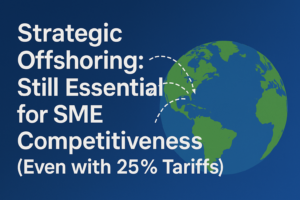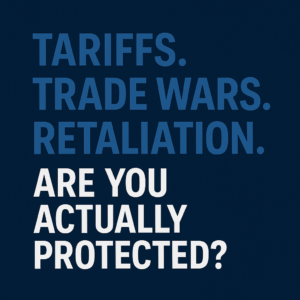
In 2025, North American manufacturers of medical technologies, such as hemodialysis systems, are contending with a multifaceted array of challenges that impact production costs and operational efficiency. These challenges encompass escalating material and labor expenses, stringent regulatory requirements, and the complexities introduced by evolving global trade policies. To navigate this intricate landscape, many manufacturers are strategically offshoring the production of plastic, electrical, and metal subassemblies to countries like Vietnam and India. These nations offer a combination of cost advantages, high-quality manufacturing capabilities, and favorable trade relations with the United States, particularly in the context of recent tariff implementations.
Manufacturing Cost Trends and Challenges
The medical device industry is experiencing significant growth, with global annual sales projected to increase by over 5% annually, reaching nearly US$800 billion by 2030. This surge is driven by the rising prevalence of lifestyle diseases and economic development in emerging markets.
However, manufacturers face several critical challenges:
- Inflationary Pressures: The industry is grappling with an 8% year-on-year medical cost trend in 2025, driven by inflationary pressures, prescription drug spending, and increased utilization of behavioral health services.pwc.com
- Technological Advancements: The integration of advanced technologies, such as automation and robotics, while enhancing efficiency, requires substantial capital investment. Medical device manufacturers are increasingly relying on robotic and vision system automation to improve efficiency in 2025.mddionline.com
- Regulatory Compliance: Adhering to stringent regulatory standards across different markets necessitates ongoing investment in quality assurance and compliance mechanisms. The development of new medical technologies and pharmaceuticals has greatly contributed to increased costs of care globally.wtwco.com
- Supply Chain Disruptions: Global events, including pandemics and geopolitical tensions, have led to significant supply chain disruptions, causing delays and increased costs in sourcing essential components. The U.S. has imposed tariffs on imports from Canada, Mexico, and China, leading to potential global trade disruptions.apnews.com
Strategic Offshoring to Non-Tariff Countries
To mitigate these challenges, manufacturers are increasingly offshoring subassemblies to countries like Vietnam and India. This strategy offers several advantages:
- Cost Efficiency: Both Vietnam and India provide lower labor and production costs, making them attractive destinations for manufacturing subassemblies. This approach helps manufacturers manage expenses and maintain competitive pricing.
- High-Quality Production: These countries have developed robust manufacturing sectors capable of producing high-quality components, ensuring that offshored subassemblies meet stringent quality standards.
- Favorable Trade Relations: Notably, imports from Vietnam and India are not subject to the recent U.S. tariffs imposed on countries like China, Mexico, and Canada. This exemption allows manufacturers to maintain cost-effective supply chains without the added burden of tariffs.whitehouse.gov
Understanding Tariff Exemptions for Vietnam and India
The U.S. has imposed significant tariffs on imports from Canada, Mexico, and China, citing various economic and security concerns. However, Vietnam and India have not been subjected to these tariffs due to their trade policies and economic relationships with the U.S. This exemption provides a strategic advantage for manufacturers seeking to optimize their supply chains.
Conclusion
In the face of escalating manufacturing costs and complex trade dynamics, North American medical technology manufacturers are leveraging strategic offshoring to countries like Vietnam and India. This approach not only reduces production expenses but also navigates the challenges posed by international tariffs, ensuring the continued delivery of high-quality medical devices in a competitive global market.
#MedicalTechnology #HemodialysisSystems #ManufacturingCosts #Offshoring #Subassemblies #Tariffs #Vietnam #India #SupplyChain #Inflation #Automation #RegulatoryCompliance #TradePolicies #CostEfficiency #HighQualityProduction #TradeRelations #TariffExemptions #StrategicSourcing #GlobalMarket #MedicalDevices
#QualityControl #VietnamManufacturing #Manufacturing2024 #OffshoreManufacturing #REDUxEngineering #QualityAssurance #ManufacturingTips #TechInManufacturing #AuditProcess #InspectionProcess






